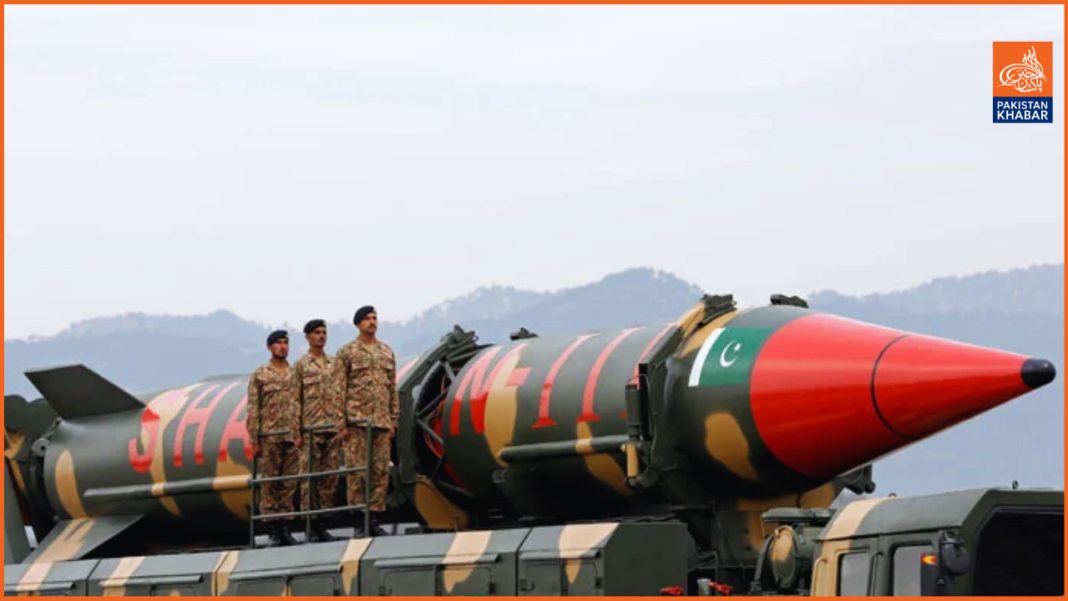White House Official Claims Pakistan’s Missiles Could Reach the US
A day after the United States imposed sanctions on Pakistan’s state-owned missile development agency and three associated companies, a senior White House official raised alarms over Pakistan’s long-range ballistic missile capabilities, suggesting the country could eventually target locations outside of South Asia, including the United States.
Deputy National Security Adviser Jon Finer stated that Pakistan’s missile program raises serious concerns about its potential threat to the US. Speaking at the Carnegie Endowment for International Peace, Finer noted that Pakistan had developed increasingly advanced missile technology, including long-range systems and equipment for larger rocket motors. He warned that if these trends continue, Pakistan could gain the ability to strike targets far beyond South Asia, even in the US.
This statement followed the US State Department’s announcement of new sanctions on the National Development Complex (NDC) and three Karachi-based companies—Akhtar and Sons Private Limited, Affiliates International, and Rockside Enterprise—under Executive Order 13382, aimed at curbing the proliferation of weapons of mass destruction.
While the Pakistani Foreign Office did not directly respond to Finer’s claims, it condemned the sanctions as “discriminatory” and warned that such actions could disrupt regional stability. The Foreign Office reiterated that Pakistan’s strategic program is defensive in nature, designed to protect its sovereignty and maintain peace in South Asia.
The sanctions were imposed due to concerns over Pakistan’s missile development program, which the US claims could pose a threat to global non-proliferation efforts. However, the Pakistani government rejected the accusations, calling them based on “doubts and suspicion” rather than concrete evidence. It also criticized what it viewed as US double standards, pointing to past military technology transfers to countries like India.
In response to the sanctions, State Department spokesperson Vedant Patel reiterated that the US is committed to non-proliferation but acknowledged that Pakistan remains an important partner in global efforts in that regard. He emphasized that the US would continue to use sanctions to protect national security and prevent the misuse of US financial systems and exports.
Diplomatic sources suggest that Finer’s comments may be an effort to pressure Pakistan, potentially at the request of India, which has strengthened its defense ties with the US in recent years, including collaborations on missile development. Pakistan, concerned by growing US-India defense cooperation, maintains that its missile capabilities are focused on addressing threats from its eastern border, particularly India, and does not have intentions toward the West.




